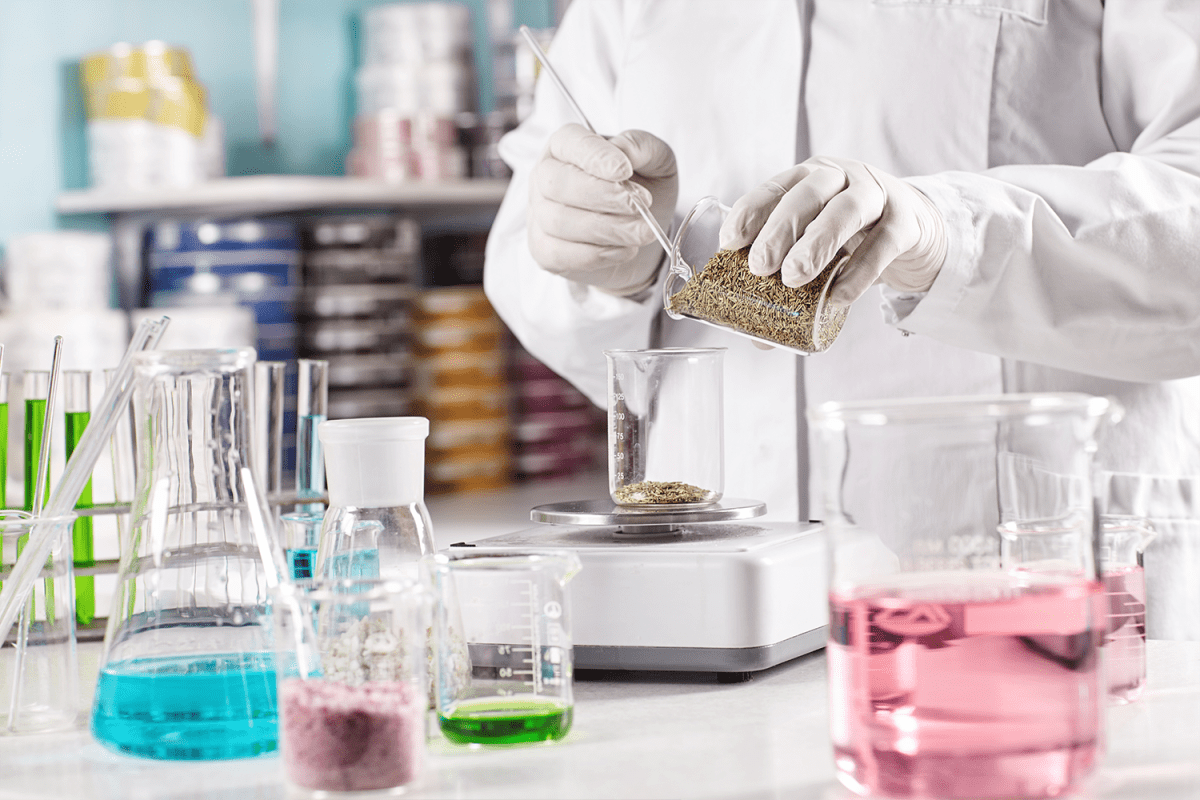Innovation has always been a business imperative. For the cosmetic industry, novel products, improved formulations and new ingredients cater for changing consumer preferences and reflect the evolving science on human and environmental health. In addition, innovations spanning operations, organisational management and marketing enable improved efficiencies and market penetration.
It should be no surprise that many Australian cosmetic businesses are already firmly committed to innovation. Accord’s 2016 Innovation Survey identified all responding cosmetic companies as having launched or implemented an innovation in the previous three years. In addition, 84% invested in R&D, 64% had a specific innovation strategy, and 48% employed staff with an innovation role.
Innovation has been squarely in the spotlight in Australia since the federal government launched its National Innovation and Science Agenda in late 2015. One of Accord’s primary goals is to strategically assist our members to enhance their innovation capacity.
As part of our activities, Accord has developed partnerships with several innovation-focussed organisations. One of these is Australia’s “most innovative university”*, Monash University. Within this organisation we have developed relationships with Chemistry, Business, Pharmaceutical Sciences and Enterprise – all with the aim of helping our members benefit from the many experts, facilities, equipment and services available.
For example, do you want to investigate retail product placement via a virtual supermarket? The Food Innovation Centre can do that (it’s not just for food!). Do you want to partner on innovative research? The Chemicals and Polymers Manufacturing Innovation Program is looking for industry partners right now!
What about access to state-of-the-art “blow-fill-seal” manufacturing capability? The Manufacturing Innovation Centre can provide this. Accord is progressing an “inventory” of Monash capabilities for our members.
Another avenue by which Accord is assisting our members to innovate is by constantly striving for reforms that rebalance the regulatory system to better support innovation and investment within our industry. Two current examples of our activities in this area are animal testing and microbeads.
Cosmetic ingredients fall under industrial chemicals legislation in Australia. This legislation has been under review for several years, and was recently submitted to the House of Representatives as the Industrial Chemicals Bill 2017. This Bill includes a new ban on animal testing for any ingredient to be used solely in a cosmetic product
Accord has been actively involved with the proposed reforms, including considerable input on the animal testing issue. Our efforts have helped result in the proposed legislation containing a ban that is both workable and internationally aligned.
On another hot issue – solid plastic microbeads in cosmetics – Accord has been coordinating industry’s voluntary phase-out response via our BeadRecede initiative.
Pleasingly, the recent Meeting of Environment Ministers agreed that industry progress was on track. According to their July 28 Statement, “Ministers welcomed industry progress to deliver a voluntary phase out of microbeads by mid-2018…80 per cent have already phased out or have committed to phasing out microbeads.”
Ministers also reasserted their position that, “if the current industry-led approach does not effectively phase out microbeads by mid-2018, governments will move to implement a ban.” Accord will continue to progress BeadRecede as evidence of our industry’s proactive approach to addressing this issue.
A key event in Accord’s calendar is our annual Canberra Day, held this year on August 16-17. It brings our industry and government together for discussion and updates on the legislation and regulations governing our industry.
This year we were honoured to have Assistant Health Minister David Gillespie speak on behalf of government at our Canberra Day Industry Leaders Dinner. Also presenting on behalf of government at the Canberra Day seminar were Andrew McNee, Assistant Secretary at the Department of Environment & Energy and Blair O’Connor, Best Practice Regulation Branch, Department of Health – both on the progress of reforms to industrial chemicals legislation. Mark McDonald, Senior Adviser, Regulatory Reforms at the Therapeutic Goods Administration spoke on reforms progress for low-risk products including sunscreens and advertising.
Accord will continue to strive on behalf of industry for a business environment that facilitates innovation.
If you would like to know more, please contact Arianne Bath abath@accord.asn or see www.accord.asn.au.
*Reuters Top 75: Asia’s Most Innovative Universities – 2017 www.reuters.com/article/us-asiapac-reuters-ranking-innovative-un-idUSKBN18Y24R
Accord Australasia is the peak body representing companies operating in the cosmetic, fragrance, personal care and toiletries sector – from multinationals to small Australian-owned businesses, importers to local manufacturers.

